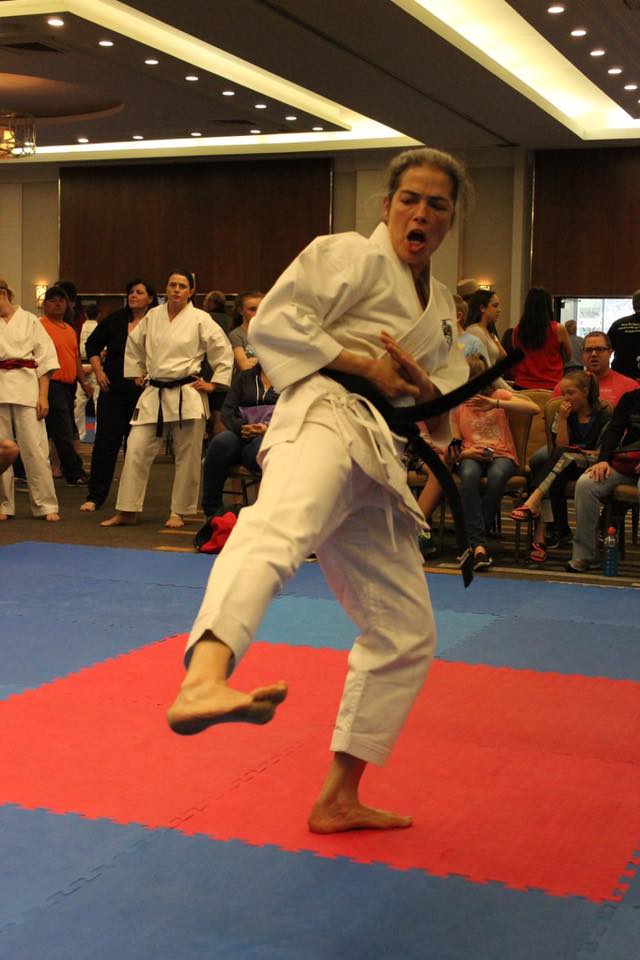So there's this story out of France where the "top court", the Council of State, has suspended various bans on the burkini, an arguably excessively modest form of swimwear popular among some Muslims. In a characteristic leading paragraph, NBC said "France's top court on Friday suspended a controversial ban on full-body burkini swimsuits that has sparked heated debate both inside the country and abroad." And I wonder: Why so much attention to this one? Now I could write at some length about the way "controversial" is used in the press to mean "thing you should disapprove of". Or the logic of the ban itself. Or the extraordinary French way of doing things, including that freedom of association is a largely foreign concept as opposed, in the English-speaking world, to a core right that is fast disappearing. (To give another remarkable example, this "top court" of which stories speak, the Conseil d'État, is at once the supreme court for administrative law, that is, for settling disputes about the behaviour of executive agencies, and the legal advisor to the executive branch. In the Anglosphere such an arrangement would be an unthinkable conflict of interest; in France it is seen as commendably efficient in empowering the state to run people's lives for them.) But for now I want to ask a different question.
Why all this hoo-hah about the French ban, and not a peep about the legal and social restrictions on "immodest" swimwear and indeed clothing generally in much of the Muslim world, including extralegal violence to enforce it? Why are so many people calling the French intolerant on this issue and saying nothing about what goes on elsewhere? Where's the "heated debate" on bans on infidel attire?
To ask this question is not to suggest that the French ban should not be debated, or that there are not reasonable arguments on both sides. Quite the reverse. And for what it's worth, as I've written elsewhere, I favour considerable freedom of dress provided it isn't obscene or likely to cause justified public alarm. But I also favour, and indeed regard as inseparable from the former, freedom of association; if I do not like how you are dressed I should be free to shun you personally and, yes, professionally. Especially if you cover your face on the grounds that if I see you, one or both of us will be soiled, which I find deeply offensive. But again, that's not really the point here.
The point is that we seem to be holding France and the French to a much higher standard than, say, Jordan and Jordanians, let alone Iran and Iranians. For instance, a recent Daily Telegraph Travel/Advice piece said that in Jordan generally, "Women should wear loose fitting clothes, covering the arms, legs and chest area, while T-shirts are best avoided for both sexes. Women’s hair should be dry, as wet hair is said to suggest sexual availability..." What? Are you kidding me?
Obviously I would not want to be judged by that standard. I think we can do better. And the French, for all their foibles and fondness for state direction, generally do better. But for the sake of perspective about such things I also think we should be clear, in going after the French for responding to the menace of radical Islam in their own characteristic way and sometimes getting it wrong, that we are holding them to a higher standard. We might even want to fumble toward an explanation of why.
See, they're a Western country. And while it's politically correct to despise Western arrogance, cultural imperialism and so forth, just about everybody knows deep down that... that... that public policy in Western countries is broadly rational and tolerant whereas elsewhere it too often isn't.
If that's a "controversial" thing to say, well, I said it anyway.
